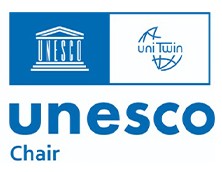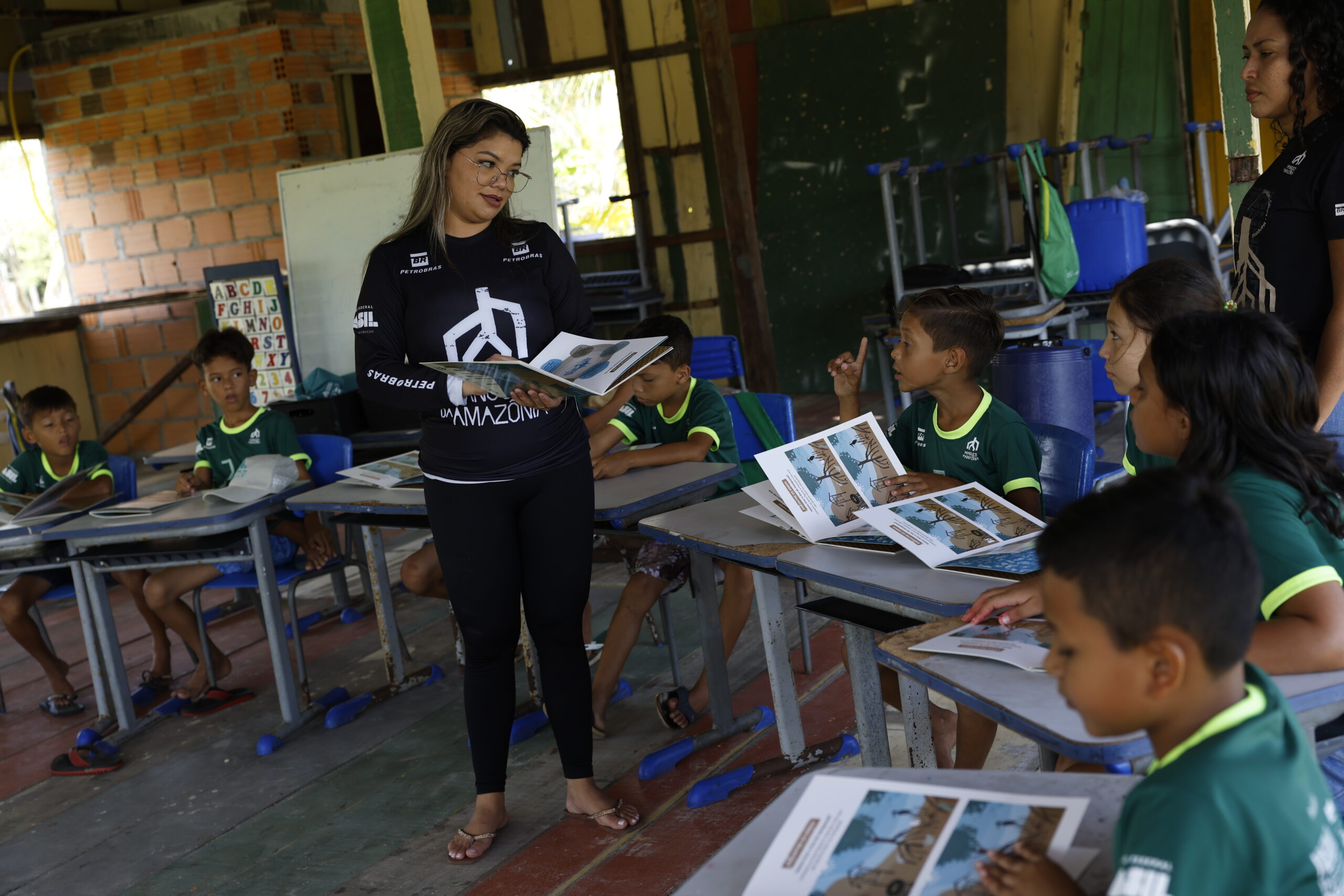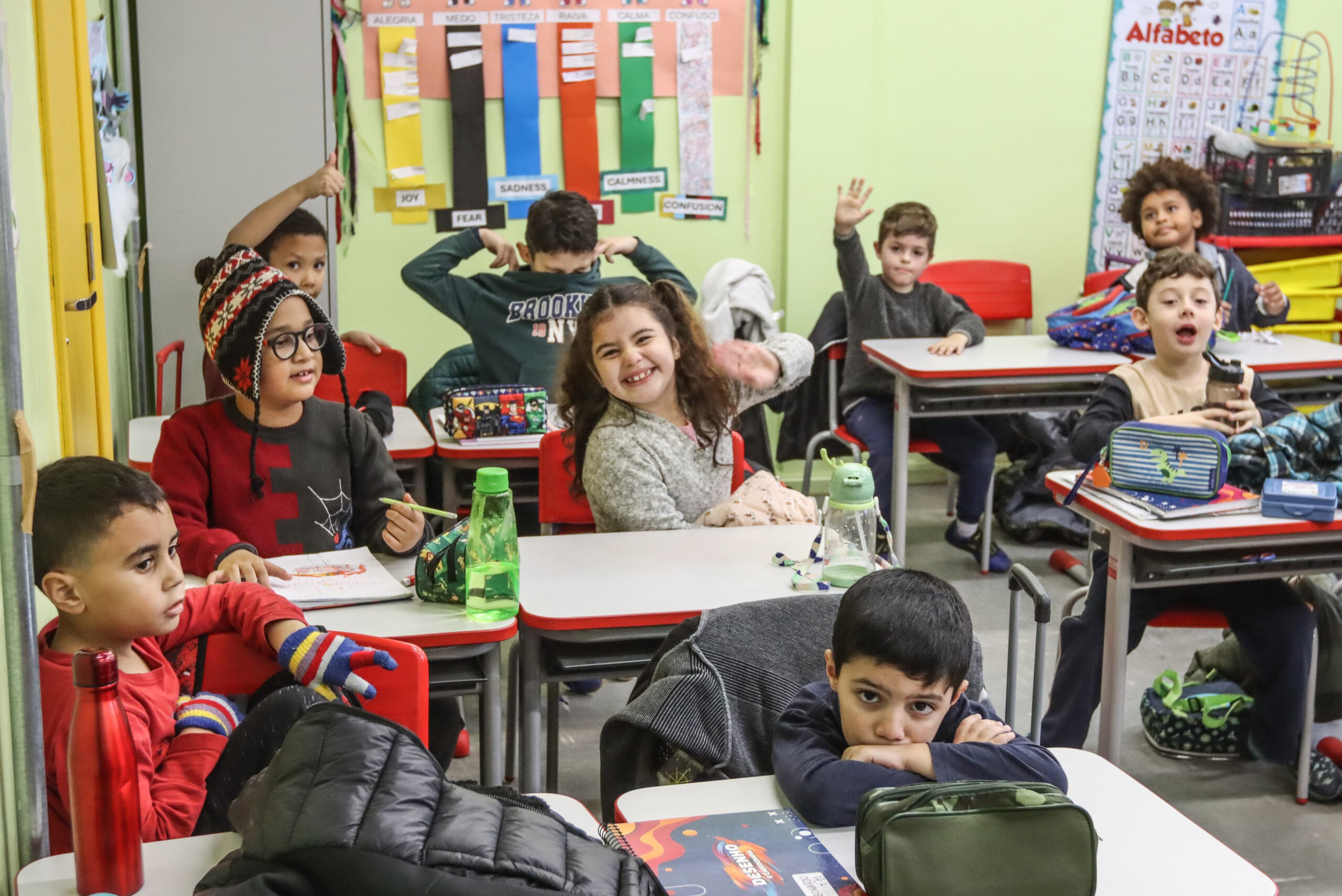Naercio Menezes Filho
Economist and professor of the Ruth Cardoso Chair, Insper
Associate Professor – School of Economics, Administration, Accounting and Actuarial Science at USP
Studies show that municipalities that manage to increase the proportion of young people who have received adequate education in their school life have greater job creation and a reduction in violence in subsequent years.
One of the main barriers to improving education in the country may be in preparing them for school life, even before they start school.
It is important to create a national education system, in the same way that occurs in health (SUS) and social assistance (SUAS).
Naercio Menezes Filho
Economist and professor of the Ruth Cardoso Chair, Insper
Associate Professor – School of Economics, Administration, Accounting and Actuarial Science at USP
JULY/AUGUST 2025 | nº2 | Family vulnerability, problems in the school system itself and lack of political priority impact on the improvement of education in the country
Both access and retention of students in schools have improved significantly in recent decades. The percentage of young people who have completed high school or higher education increased from 25% in 1980 to 90% in 2023. This same leap, however, does not translate into better student learning. In the same year of 2023, 62% of Brazilian students were at the lowest level in mathematics in the 8th grade, according to the international study TIMSS (Trends in International Mathematics and Science Study), which assesses student performance in mathematics and science. Why do we have so much difficulty in improving the quality of our education?
Studies show that municipalities that manage to increase the proportion of young people who have received adequate learning in their school life have greater job creation and a reduction in violence in subsequent years. Municipalities such as Sobral, in Ceará state, for example, managed to significantly increase student learning in elementary school at the beginning of this century, through a series of measures focused on student literacy.
However, currently, about ¼ of our young people have no expectations of professional growth, working in precarious jobs, such as delivery and app drivers, for example, running a serious risk of accidents and salary uncertainty. Thus, quality education is one of the main ways to also improve the quality of life in cities.
Full development
One of the main barriers to improving education in Brazil may be in preparing children for school life, even before they start school. Unfortunately, many of them spend their childhood in poverty, in regions with high crime rates, lack of basic sanitation and inadequate housing, and have family problems, which can affect their development at a highly sensitive time.
We know that early childhood, the period from birth to six years of age, is fundamental to the future of children. It is during this period that cognitive and socio-emotional skills are developed most quickly, preparing children for learning at school and for their performance in the job market.
For their full development, children need intersectoral social programs that act simultaneously in areas such as education, health, social assistance and basic sanitation. What we see today is the opposite: there is a lack of dialogue between policies from different areas and ministries.
In addition, there are problems in the school system itself. Even when children arrive at school better prepared, many of them are unable to learn what is taught. It is essential that they have defined periods for learning, sleeping, playing, and interacting with other children, to begin preparing them for life and learning.
However, several evaluations show that this does not happen: daycare centers do not have an adequate curriculum and often operate in precarious conditions. The SAEB (Basic Education Assessment System) evaluation showed that 50% of children reach the 2nd year of elementary school without being literate. Obviously, without adequate literacy, these children will not be able to acquire knowledge in the future, nor will they perform well in learning assessments.
Furthermore, when they reach elementary school, most children spend little time in the classroom. Much time is wasted due to absenteeism, discipline problems, and a lack of teachers, who often face several obstacles in being able to teach in the classroom. In terms of school management, one of the main problems is the high turnover of school principals. Furthermore, many of them are still chosen by recommendation rather than by technical criteria.
Incentives and priorities
From a political standpoint, there are other problems. Public policies implemented in preschool, for example, will only have an impact on job creation and crime reduction in municipalities more than 11 years later, when the mayor is no longer in power. Thus, government officials have fewer incentives to overcome resistance and adopt successful policies to improve learning.
In addition, the constant changes of mayors and governors at each election are also accompanied by changes in educational management teams. Constant changes and the lack of continuity in educational policies have a significant impact on student learning.
What can we do to solve at least part of these problems? First, it is important to create a national education system, in the same way as it occurs in health (SUS) and social assistance (SUAS). In health, for example, tasks are well divided between the federal government, states and municipalities. This also needs to happen in education.
The federal government should be responsible for putting together the most effective policies to increase learning, making them available to state and municipal schools, and supporting the training of administrators to implement these policies. Municipalities that successfully implement these policies would receive financial incentives.
The federal government is right to hold a national teaching competition, with a general ranking of teachers, so that state and municipal schools can choose the most suitable teachers for their schools. These teachers, in turn, should have their performance recognized and receive public awards as they improve student learning over time, measured by standardized tests. Finally, the federal government should establish learning goals for each school, based on past performance, and reward schools that meet these goals.
We know that there are many difficulties, including the vulnerability of families, deficiencies in school management, and a lack of political priority. There is still a long way to go. But we cannot allow students to continue learning very little. The need for change is urgent. And our guide must be the certainty that education is crucial for our children and young people to have a promising future and the conditions to realize their dreams, with more equal opportunities.






